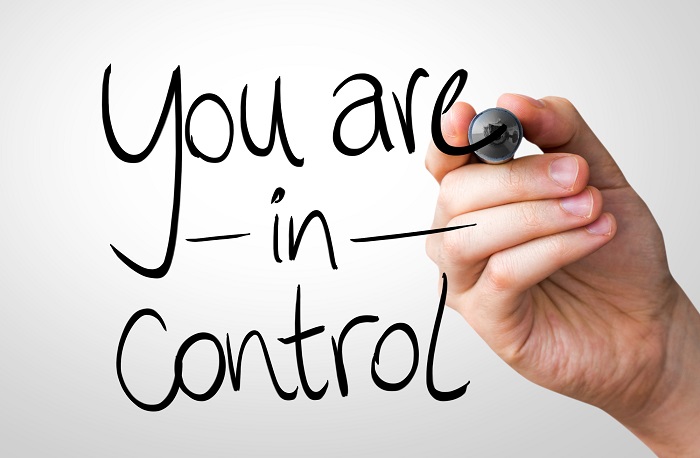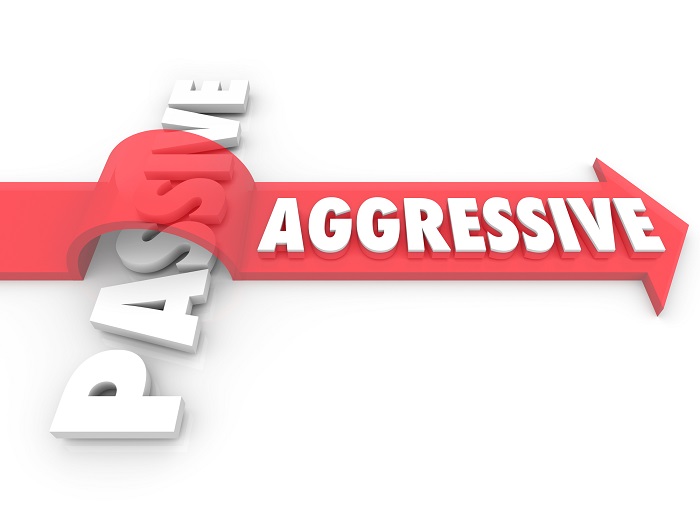How to Identify a Passive-Aggressive Relationship
Being in a passive-aggressive relationship can be stressful, especially when your partner is seemingly unreasonable. This kind of relationship is characterized by consistent issues with communication, which can be detrimental to both partners’ mental health. Look for these clues to properly identify a passive-aggressive relationship.
Some elements pointing to a passive-aggressive relationship include:
Saying “no” but meaning “yes” - This attitude can be present in phrases like, “No, I’m fine,” or “No, I’m not upset.” These phrases sound harmless in themselves, but there is almost always a true meaning lurking below the surface. Passive-aggressive partners often avoid confrontation, which is a common strategy for people with avoidant tendencies. These phrases are a way to express anger indirectly and shut down direct, honest communication.
Credit: wondrlust.com
Hostility disguised as humour - Sarcastic humour is often used to indirectly mask criticism. The actual intent is to make you feel badly about yourself through snide remarks about your decisions, credentials, appearance, or background. This allows the passive-aggressive partner to maintain psychological dominance. When confronted, they may claim to be joking, allowing for them to avoid taking responsibility for their words or actions.
“Silent treatment” - The “silent treatment” is when a partner maintains verbal silence and uses nonverbal cues to exhibit displeasure or anger. This is a way to punish the other partner for some perceived offense without addressing it directly. This method may be characterized as emotional abuse, as it can damage a relationship by blocking communication.
Self-punishment - When hurt or angry, passive-aggressive individuals get their way indirectly by hurting themselves. This is a method of martyring themselves in order to indirectly blame their partners for a perceived offense. Self-punishment can be a seen as a cry for help or attention in an indirect, unhealthy manner.
Resistance - During times of trouble, passive-aggression can also manifest as stonewalling. In these cases, the passive-aggressive partner deliberately acts negatively to situations in order to make their partners suffer emotionally. Resistance can make a passive-aggressive partner feel as if they have exacted control, often by causing a power struggle in the relationship.
Procrastination - Passive-aggressive partners rarely give a direct “no.” Instead, they appear helpful and accommodating, when in reality, they are procrastinating until the other partner is forced to complete their tasks. This tactic manifests as stalling, deliberate forgetfulness, or delays. The goal is to ultimately gain control in the relationship.
Passive-aggressive behavior ultimately breaks down all communication in a relationship. Identifying any signs of passive-aggression in your relationships is the first step towards attaining a healthier, happier relationship pattern. Contact a professional therapist for help in improving communication with your partner.
At Living Well by Design, we offer relationship advice for healthier methods of communication, including couples counselling. Contact us at our office in St. Albert, Alberta at (780) 246-8100.


